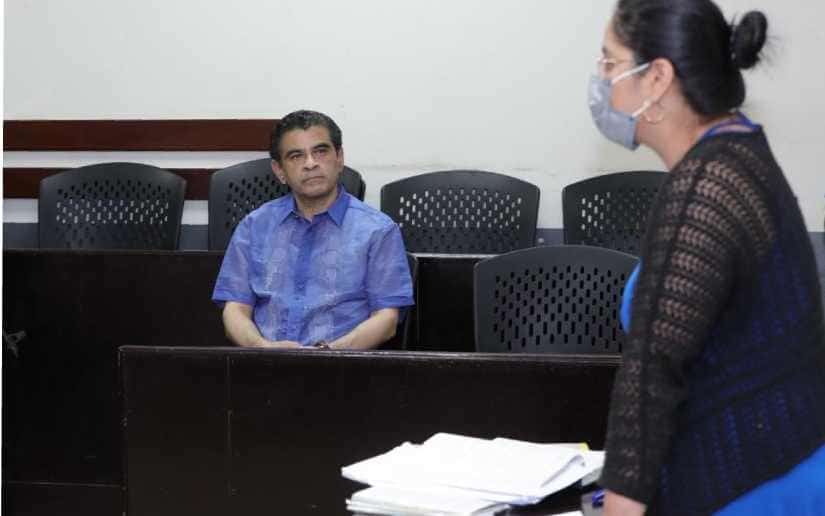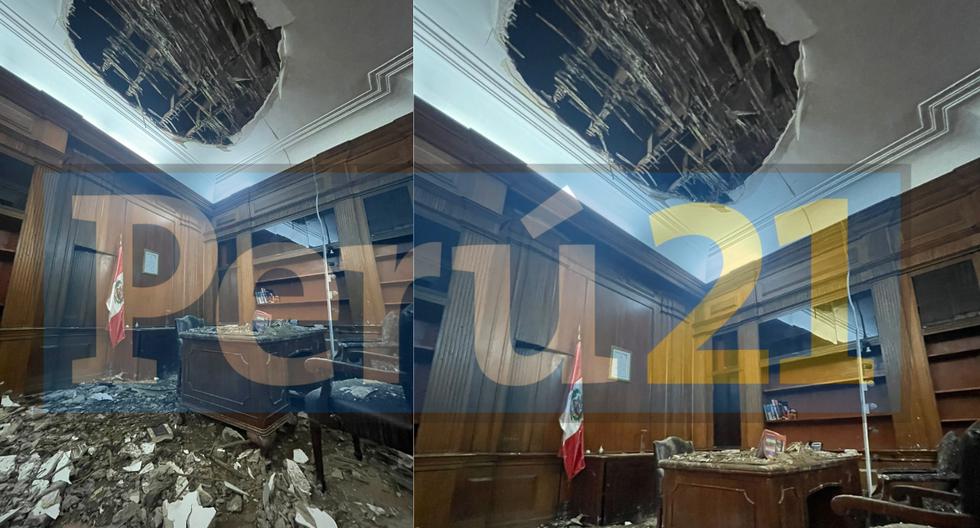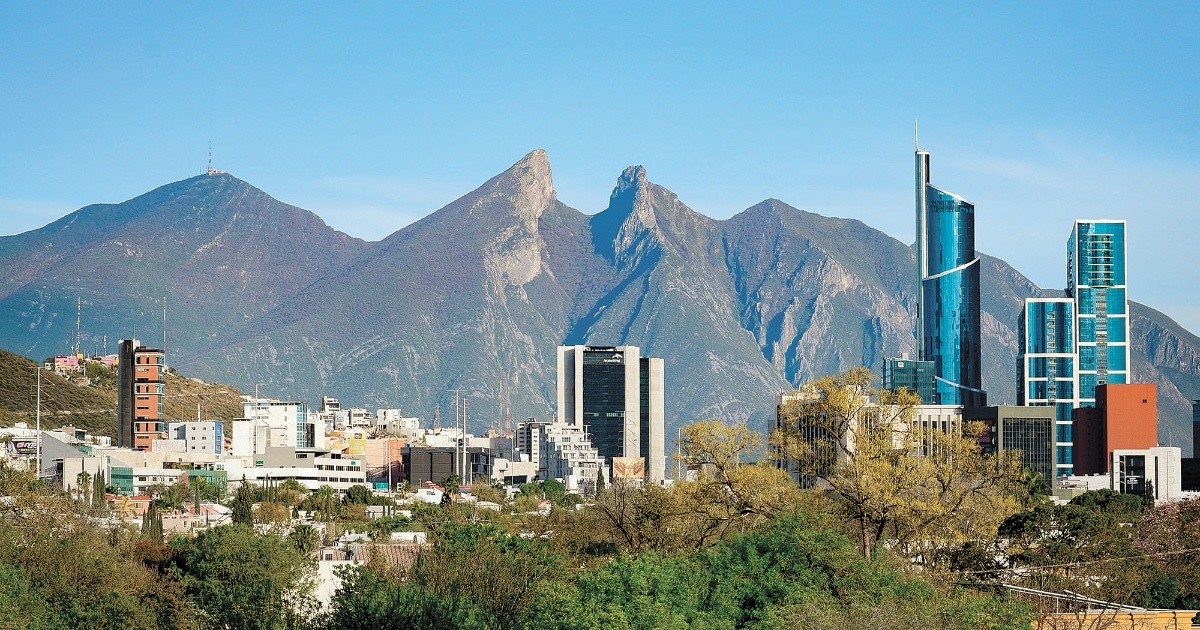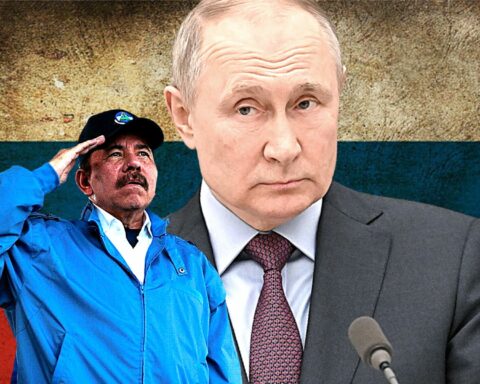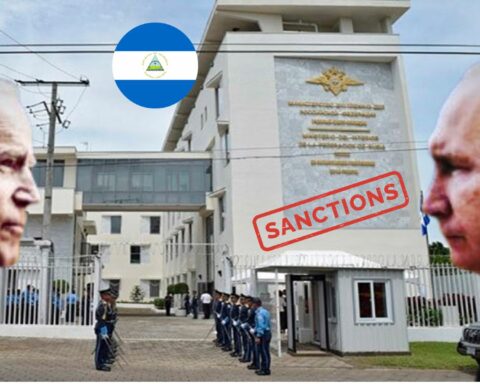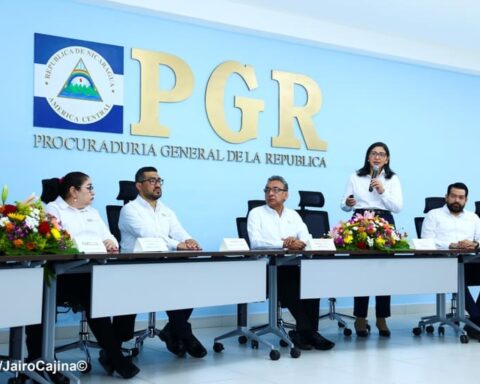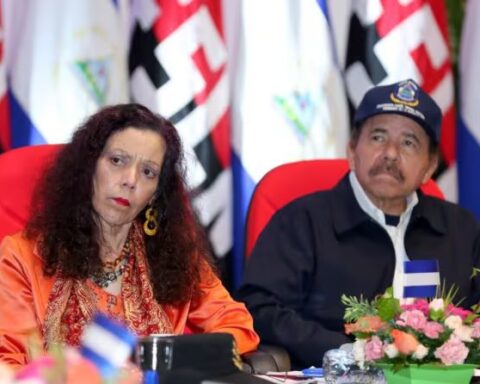On the night of February 9, hours after Monsignor Rolando José Álvarez refused to be exiled along with 222 former political prisoners, the dictator Daniel Ortega assured —after calling him “superb”, “insane” and “energúmeno”— that the leader religious was confined in the Penitentiary System, La Modelo; the following day the Sandinista judge Nadia Tardencilla, sentenced the prelate 26 years and four months in jail. This is the last official information available on the bishop, since the government does not allow him any external communication, which for human rights defenders is a case of “forced disappearance.”
The Rome Statute of the International Criminal Court defines enforced disappearance as the “apprehension, detention or kidnapping of persons by a State or a political organization (…) followed by the refusal to admit such deprivation of liberty or to provide information about their whereabouts”. The intention is to leave the person out of legal protection for a long period, he says.
Yader Valdivia, defender of the Nunca Más Nicaragua Human Rights Collective, judicially explains that Ortega’s statements do not replace the function of a judge executing the sentence, who would have to notify the religious’s defense about his current location.
He comments that although Ortega affirmed that Álvarez was transferred to La Modelo, his relatives have not seen him and they do not provide them with information about his situation.
Another criminal lawyer, who requested anonymity, maintains that the regime violates article 70 of Law 473 or the Law of Penitentiary Regime and Execution of Sentence, which recognizes the right of prisoners to have communication and visits from their relatives, relatives and lawyers “without any restriction”.
Last February, sources linked to the Catholic Church revealed to CONFIDENTIAL that Álvarez—bishop of the Diocese of Matagalpa and apostolic administrator of the Diocese of Estelí—was in a maximum security cell in La Modelo. If so, he is entitled to a monthly visit, but he hasn’t passed either.
More than 207 kidnapped by the regime
For the researcher and lawyer, Martha Patricia Molina, the “Nicaraguan justice system is a political and not a legal entity.” “They have acted viciously and inhumanly against Bishop Rolando José Álvarez, his relatives and the clergy who are also his brothers in faith.”
The intention, the expert considers, is to “cause as much damage as possible because no one under the condition of kidnapping can be physically or psychologically well.”
In view of the forced disappearance of Monsignor Álvarez, the lawyers recommend that the prelate’s defense present a writ of habeas corpus, although in practice it has been verified that it is not complied with by the judicial authorities, as happened with the political prisoners of El Chipote, that at the beginning of their detentions they were completely incommunicado for up to 95 days. However, the lawyers assure that it is necessary to document such violations.
The bishop has remained for some 207 days under the total protection of the State of Nicaragua. However, the Ortega regime only released photographs of the religious in the courts of Managua, on December 13, 2022, when they accused him of the alleged crimes of conspiracy and propagation of false news. On that occasion, the religious with obvious weight loss had been at home for 116 days in de facto prison.
According to the judicial ruling, Álvarez was sentenced to ten years in prison for the alleged crime of conspiracy, five years for spreading false news, five years and four months for “aggravated obstruction of functions” and one year for “contempt for authority”.
Concern among the Nicaraguan clergy
“I confess that I am very worried about my brother (Monsignor Álvarez) and I say it in public, above all, because of the latest events that have occurred,” said the auxiliary bishop of Managua, Monsignor Silvio Báez, during a Eucharist offered on behalf of Álvarez, from the Santa Agatha church, in Miami, this Sunday, March 12.
“He has been disappeared by the Sandinista dictatorship of Ortega and (Rosario) Murillo in Nicaragua. We do not know where Monsignor Rolando is and we do not know what situation he is in, ”added Báez.
The priests Erick Díaz, from the El Tuma, La Dalia parish, and Uriel Vallejos, from Sébaco, Matagalpa, exiled due to the persecution of the regime, assured in an interview with the program Tonight, They don’t know anything about Monsignor Álvarez’s condition. “The family has mobilized to bring him food and they have not been able to access it,” said Father Díaz.
Bishop Báez also asked the Church of the world to raise its voice in prayer and denounce Monsignor Rolando through his social networks. And at the same time, he demanded his immediate release. “We want him free and soon,” he said.
The international demand for the Ortega regime to show Bishop Álvarez has had a greater echo after the declarations of Pope Francis, who described the government of Ortega and Murillo as a “Hitlerian dictatorship”, while recognizing the “testimony” of Bishop Álvarez in refusing to go into exile.
“There we have a bishop in prison, a very serious man, very capable. He wanted to give his testimony and did not accept exile, ”said the pope in an interview with Infobae.
The Ortega regime annoyed by the statements of the Supreme Pontiff suspended diplomatic relations with the Vatican. An action, which according to analysts, they fear is the beginning of greater repression against the Catholic Church in Nicaragua.

